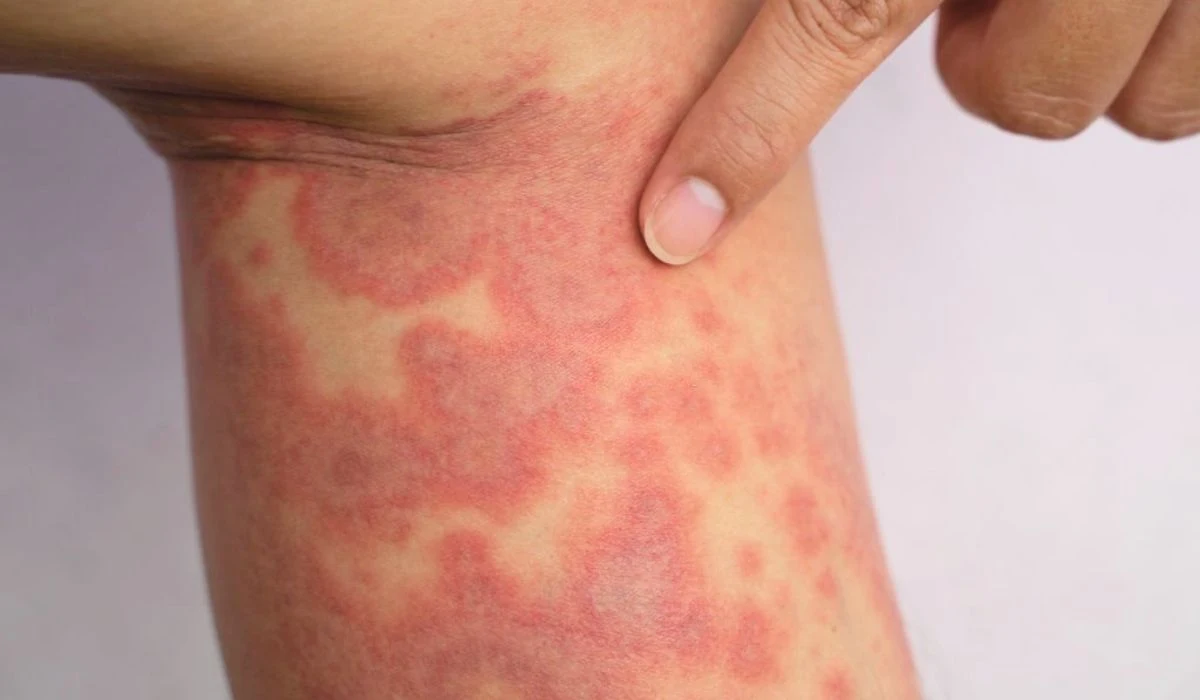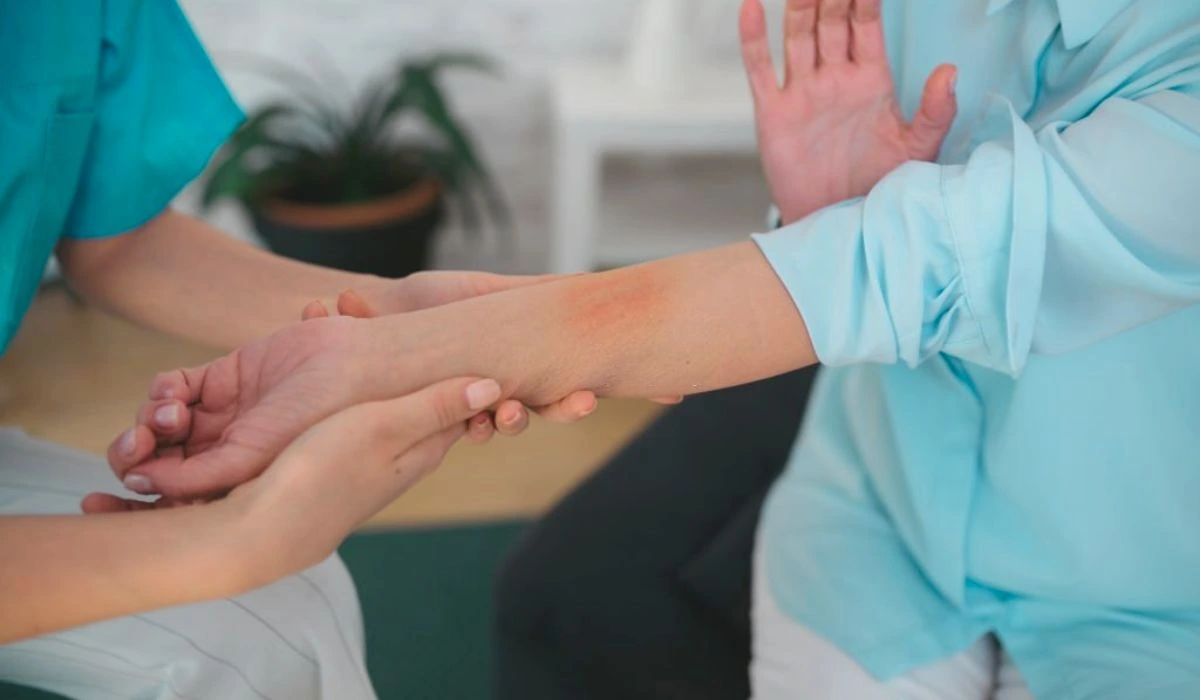Eczema is a skin condition affecting millions. It can leave behind scars that are not just uncomfortable, but unsightly too. So, how can you get rid of them?
First, control eczema flare-ups with skincare and medicine. Moisturize regularly and steer clear of irritants.
Additionally, apply topical treatments containing vitamin C or retinoids. This helps create collagen and evens out skin tone.
Also, exfoliate for dead skin removal. Choose products designed for sensitive skin to avoid further irritation.
Finally, nourish skin from within. Eat a balanced diet with vitamins A, C, and E. Drink plenty of water to keep your skin moisturized for natural healing.
Understanding Eczema Scars
Eczema scars can cause a lot of distress. Knowing how to get rid of them is the key to regaining confidence and having smoother, healthier skin. Here, we’ll look into the subject of eczema scars. We’ll offer valuable insights and tips on successful treatments.

Let’s explore some essential details in a comprehensive table.
| Concepts | Description |
| Definition | Eczema scars are visible marks that stay on the skin after an eczema flare-up. They can look and feel different. |
| Causes | Eczema scars happen when people scratch or pick at affected areas during an eczema episode. The severity depends on skin type and how long the flare-up lasted. |
| Types | The main types of eczema scars are hyperpigmentation, hypopigmentation, and atrophic scars. It’s important to know which type you have to get the right treatment. |
| Treatment | Treatments for eczema scars include retinoids, hydroquinone, corticosteroids, laser therapy, microdermabrasion, chemical peels, and micro-needling. See a dermatologist for a personalized plan. |
| Prevention | To prevent scarring, keep the affected area moisturized, be gentle with your skin, don’t scratch or pick, and manage eczema triggers. |
It’s also worth knowing that everyone’s experience with eczema scars is different. Factors like skin sensitivity and overall health can affect how long the scars last. Professional advice can help you get the best results.
Causes Of Eczema Scars
Eczema scars can be caused by various factors, such as scratching the area or the severity and duration of the eczema. Scratching often breaks down the skin’s natural barrier and causes inflammation and scarring. Also, some skin types may lead to more scarring.
Not all people with eczema get scars. Genetics and skin type may influence this. Knowing the causes of eczema scars can help stop or lessen their appearance.
Scars can have different appearances, depending on the individual’s skin type, severity of eczema, and how well cared for the affected area is. They range from shallow depressions or indentations to raised or thickened areas. In some cases, scars fade on their own; in others, medical intervention can help improve their appearance.
Prevention And Treatment Of Eczema Scars
Say goodbye to your eczema scars with these natural remedies!
To prevent and treat them effectively, here are some key points to consider:
- Gently wash the affected area with a mild cleanser and warm water.
- Avoid scratching the eczema rash as it can cause further damage and scarring. Use a cold compress or an anti-itch cream to reduce the urge.
- Moisturize regularly with a gentle, fragrance-free moisturizer to keep skin hydrated and prevent dryness.
- Identify and avoid triggers that aggravate eczema flare-ups, such as certain fabrics, harsh soaps, environmental factors, stress, and allergens.
- If your eczema is severe or persistent, consult a dermatologist to manage symptoms effectively and reduce the risk of scarring.
- Incorporate scar-healing ingredients into your skincare routine, such as vitamin E, aloe vera, or rosehip oil.
Natural Remedies For Eczema Scars
Aloe vera gel, coconut oil, and apple cider vinegar are three natural remedies that can help reduce or even eliminate eczema scars. To boost their effectiveness, add these skincare steps to your daily routine:
- Exfoliate gently each day. This removes dead skin cells and allows new skin to regenerate faster.
- Keep your skin hydrated with a moisturizer formulated for sensitive or eczema-prone skin.
- Protect from sun exposure by wearing sunscreen with a high SPF.
Conclusion
Tackling eczema scars can be tricky. To get smooth and healthy-looking skin, it’s important to know how to reduce their appearance. The right skincare routine and treatments are key.
Start by cleansing, moisturizing, and exfoliating the affected areas with gentleness. For scar reduction, try products containing vitamin E or silicone.
Natural remedies can also help. Apply aloe vera gel or rosehip oil for inflammation relief. Massaging with olive oil or coconut oil boosts blood circulation and collagen production.
Everyone’s skin is different. Consulting a dermatologist or skincare expert is the best way to get personalized advice.
Be patient and stick to the treatment. With dedication, noticeable improvements can be seen in time.

